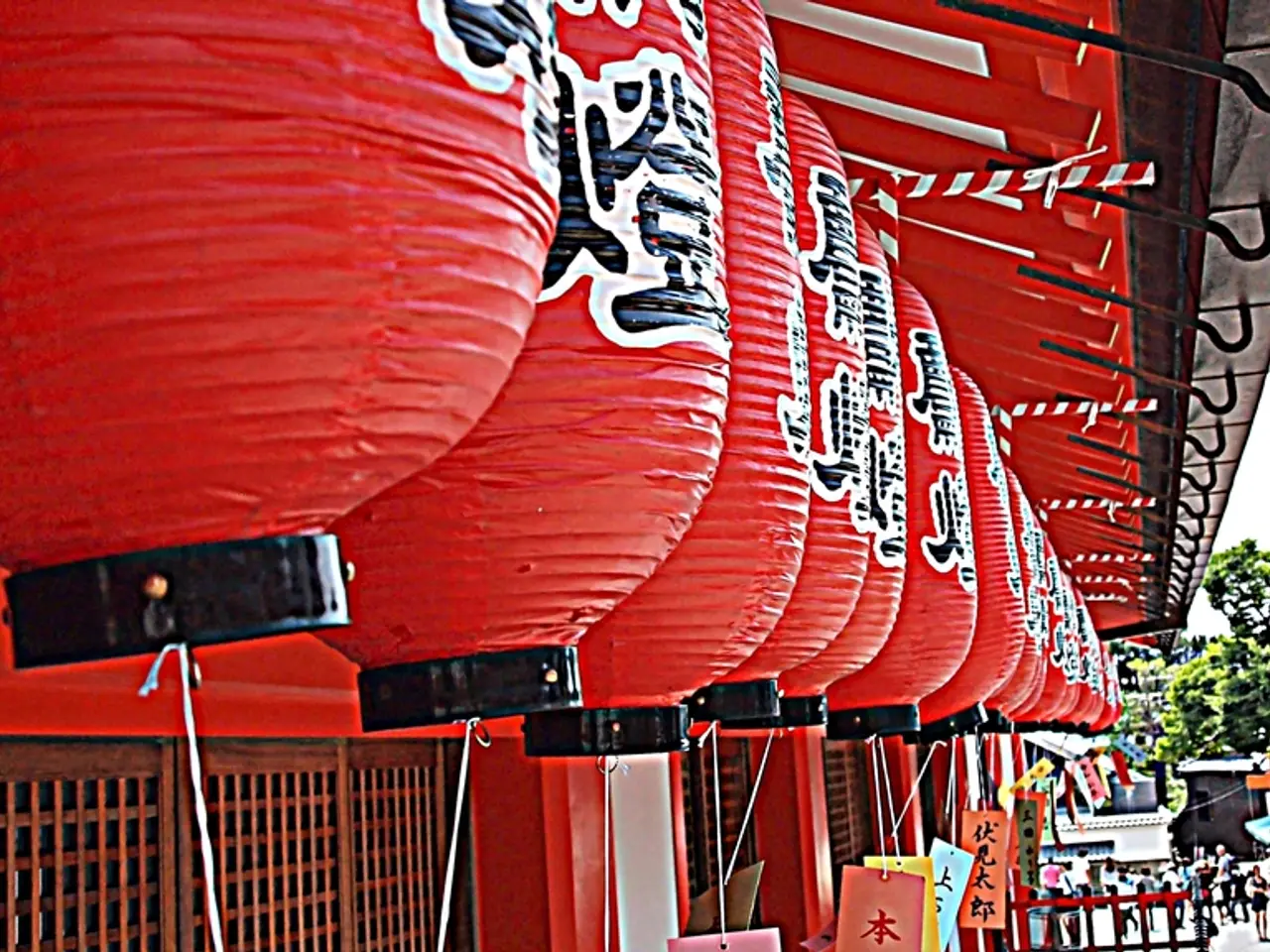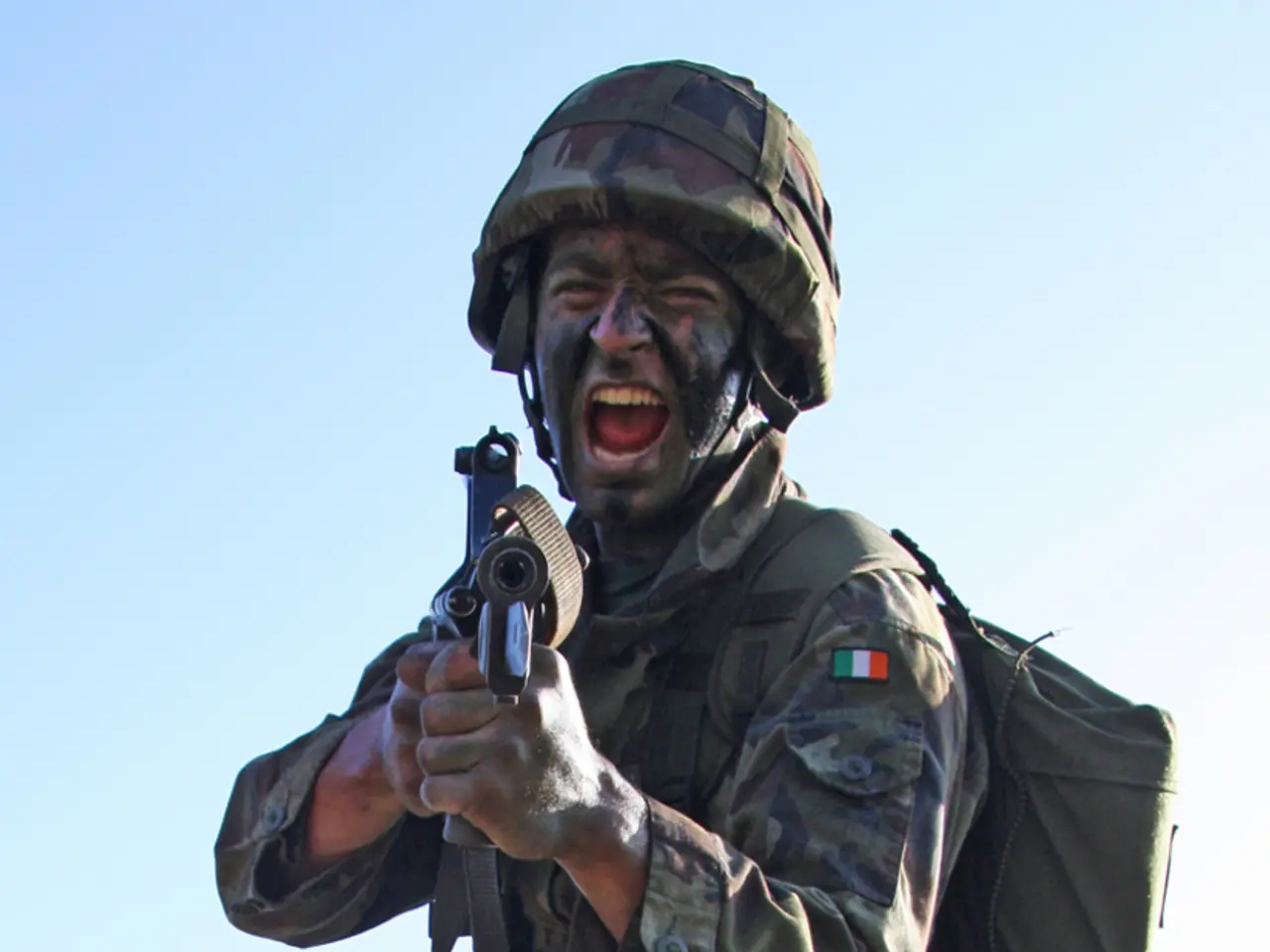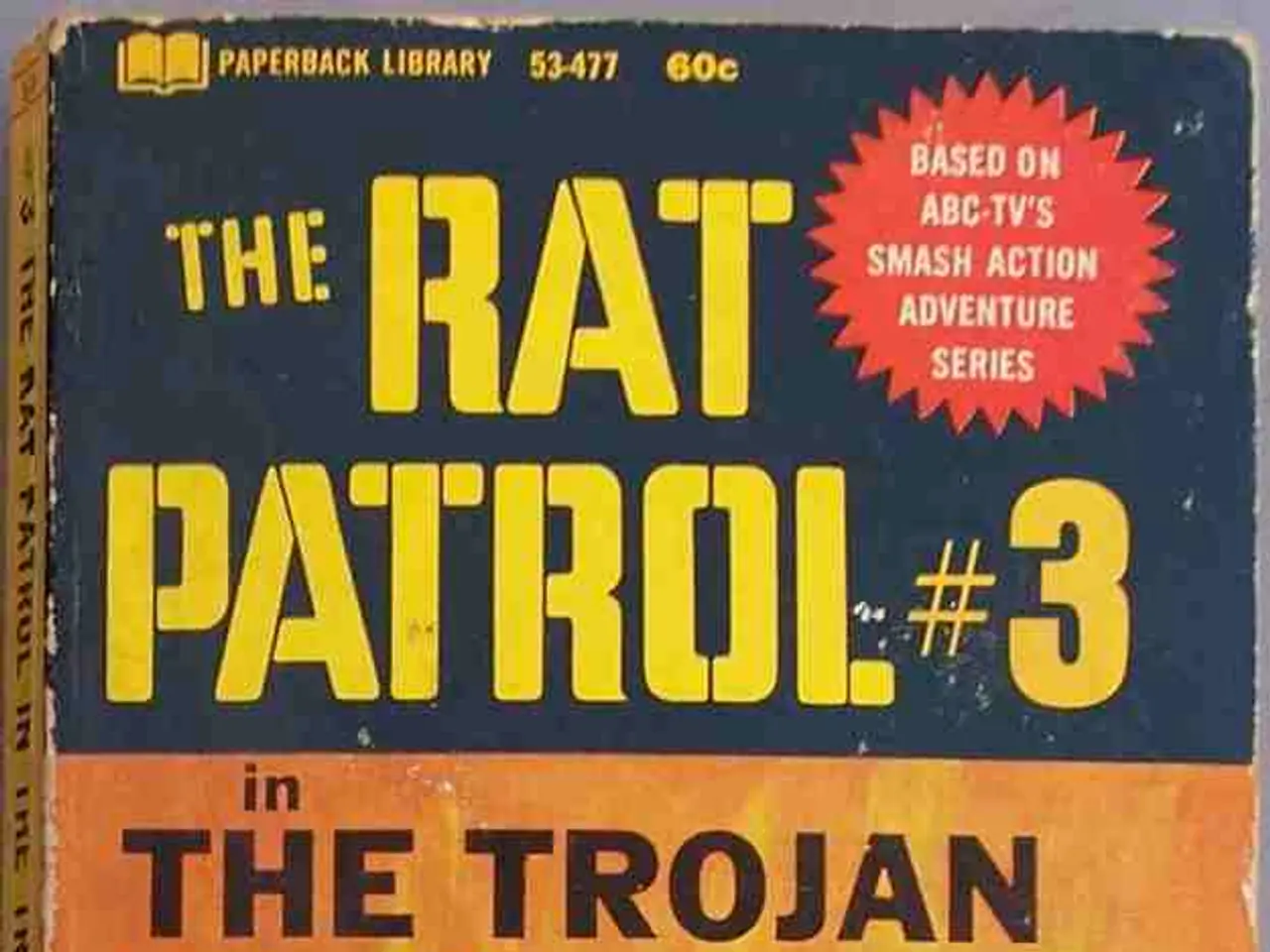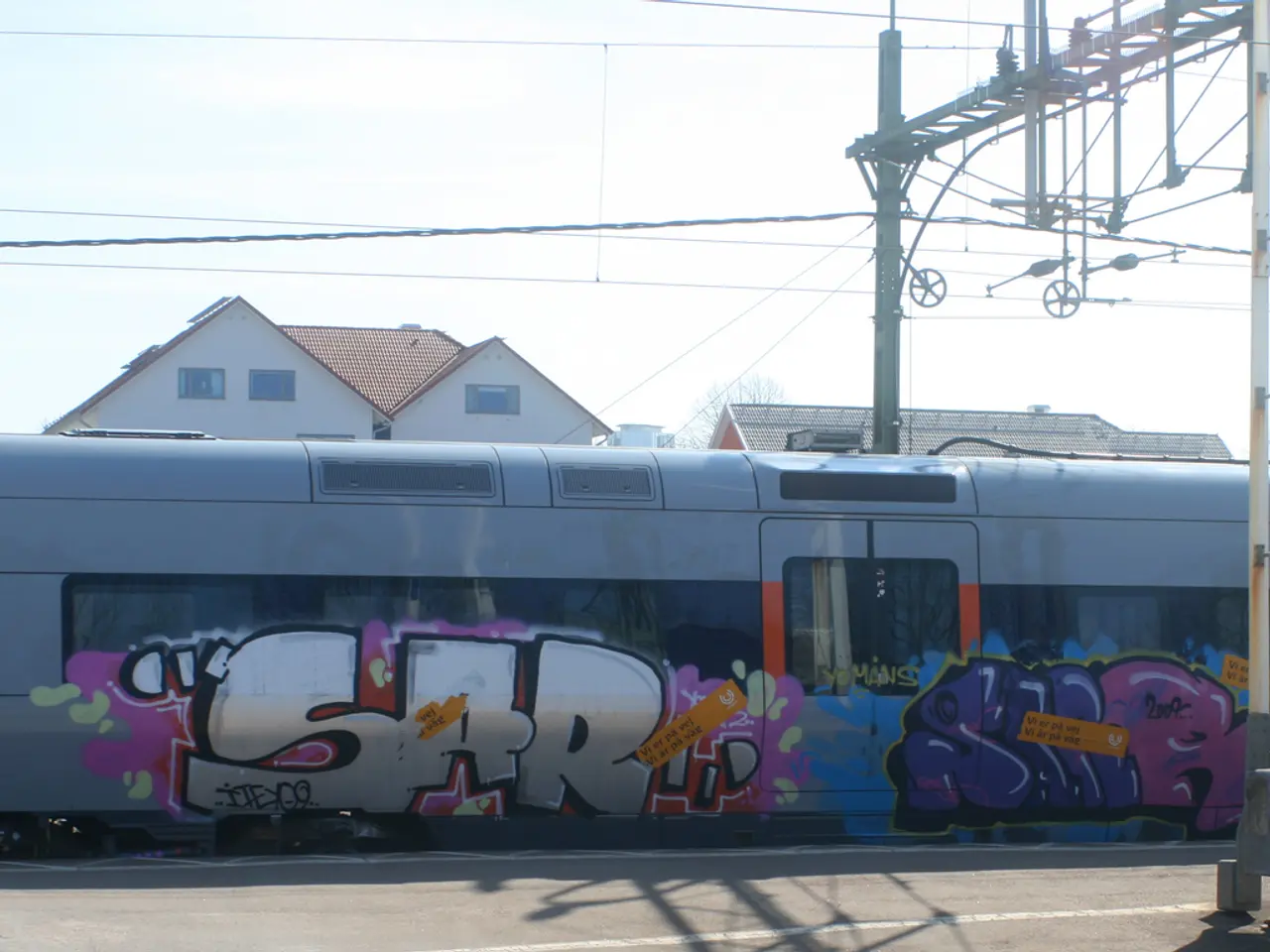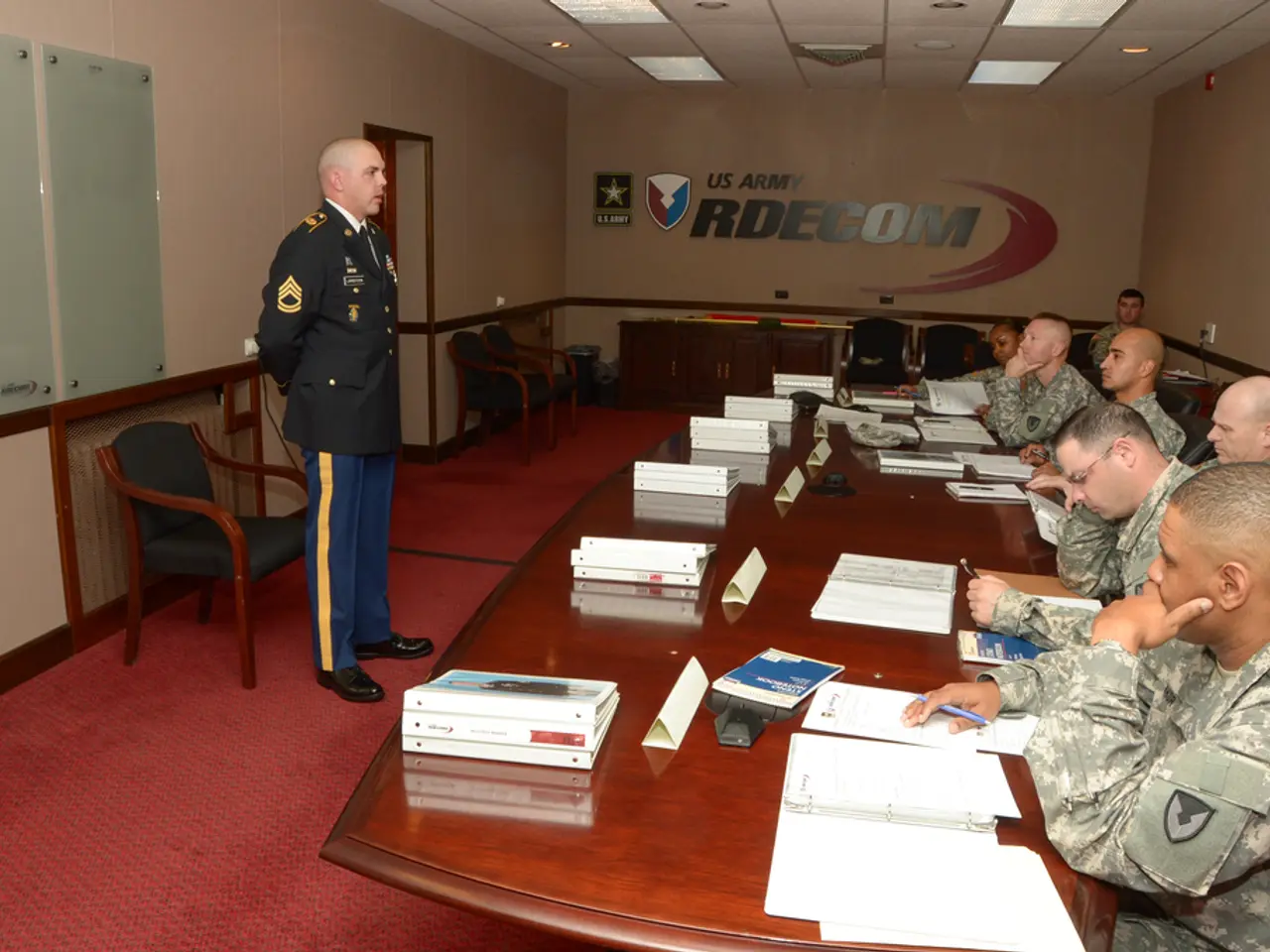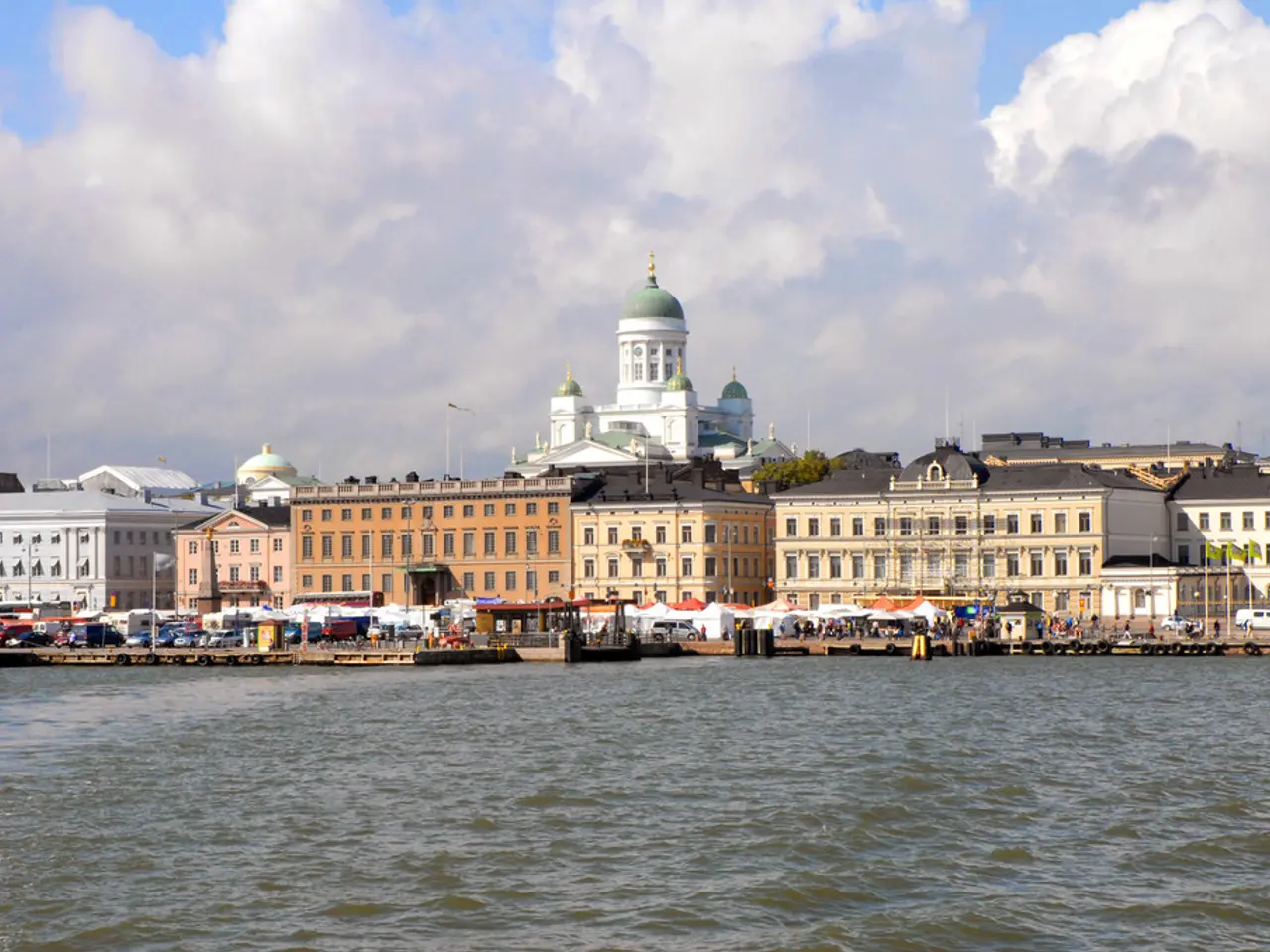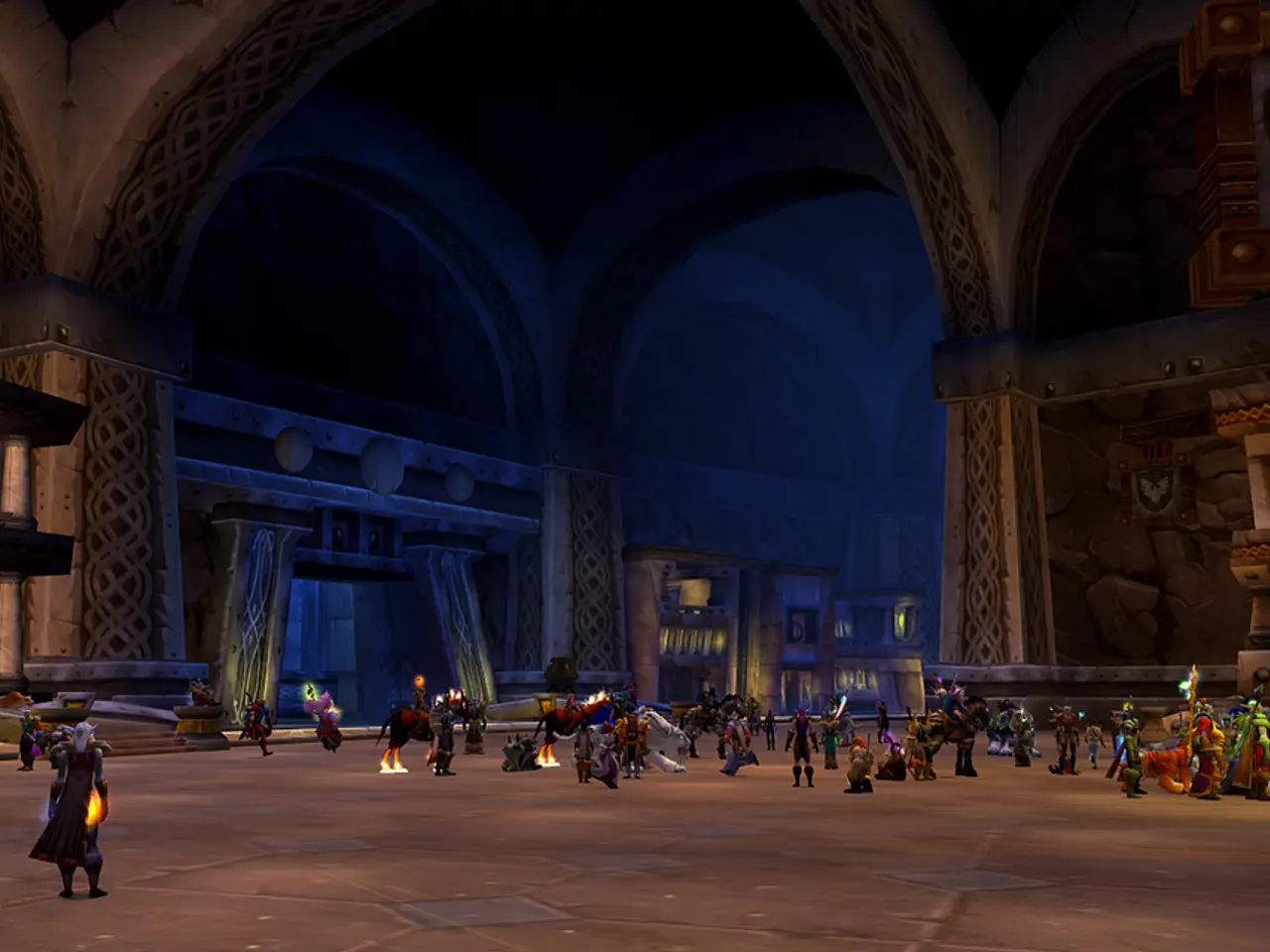Communists found once more in disruptive activities
In the tumultuous landscape of Cold War America, the spectre of Communist infiltration loomed large, casting a shadow over various institutions and shaping societal attitudes. This article delves into the alleged infiltration, its impact, and its contemporary relevance.
During the mid-20th century, a belief emerged that communist agents or sympathizers had penetrated key American institutions with the goal of subverting and overthrowing the U.S. system. This belief, fuelling the Red Scare, led to investigations by the House Un-American Activities Committee (HUAC) and Senator Joseph McCarthy's infamous McCarthyism.
The alleged infiltration affected multiple sectors:
- Media and Entertainment: HUAC investigated artists, directors, and producers, accusing many of communist affiliations. The "Hollywood Ten," a group of filmmakers who refused to cooperate, were blacklisted, and their careers were severely damaged.
- Government: Claims were made that communists or sympathizers had infiltrated government departments, especially the State Department. While most allegations were undocumented or unproven, the fear generated led to job losses and political condemnation.
- Schools and Universities: The 1950s saw accusations of communist influence in education, with some publications and hearings targeting educators and institutions.
- Business and Churches: While less extensively documented than media or government, suspicions extended to other sectors, including business circles and religious institutions.
The overall effect was significant societal fear, suppression of dissent, blacklisting, loss of livelihoods, and in some cases, legal convictions for failing to cooperate. The tactics used, especially by HUAC and McCarthy, were controversial, violating civil liberties and the First Amendment.
Fast forward to the present day, and the spectre of Communist infiltration resurfaces, with accusations of a new power-grab. The speech of a certain individual calls for America to decouple from China, investigate Communist subversion, and take action, citing China's control of Africa's mineral storehouse, the masses of China, Russia's military technology, and threats to various nations.
The history of Communist subversion is not a fantasy but an old story that includes infiltration of American universities, including prestigious institutions like Harvard and Columbia. The strategy, as explained by Professor Di Dongsheng, Vice Dean of the School of International Relations at Renmin University of China, is to open up financial markets and hold tight on the "big thigh" of America.
It is crucial to approach these claims with a discerning eye, judging actions and positions over rhetoric. The alleged infiltration and subsequent investigations serve as a cautionary example of how fears of internal enemies can lead to significant social and political consequences. As we navigate the complexities of the modern world, it is essential to remain vigilant and informed.
- In Cold War America, the fear of communist espionage and subversion shaped societal attitudes and led to extensive investigations, such as by the House Un-American Activities Committee (HUAC) and Senator Joseph McCarthy.
- The believed infiltration of American institutions, including media, government, schools, universities, businesses, and churches, fueled societal fear and suppression of dissent, leading to blacklisting, loss of livelihoods, and in some cases, legal convictions.
- The tactics used, like those by HUAC and McCarthy, were controversial, often violating civil liberties and the First Amendment.
- Fast forward to today, and similar fears of Communist infiltration resurface, with calls for America to decouple from China, investigate Communist subversion, and take action.
- The history of Communist infiltration is not just an old story but a significant part of general-news and crime-and-justice, including infiltration of American universities, like Harvard and Columbia.
- China's control of Africa's mineral storehouse, Russia's military technology, and threats to various nations are cited as reasons for concern in the contemporary controversy.
- It's essential to approach these claims with a discerning eye, balancing rhetoric with actions and positions, to avoid repeating the past mistakes that led to significant social and political consequences.
- As we navigate the modern world, remaining vigilant and informed about intelligence, politics, security, disinformation, and military strategy is crucial to preserve our security and maintain a stable society.
